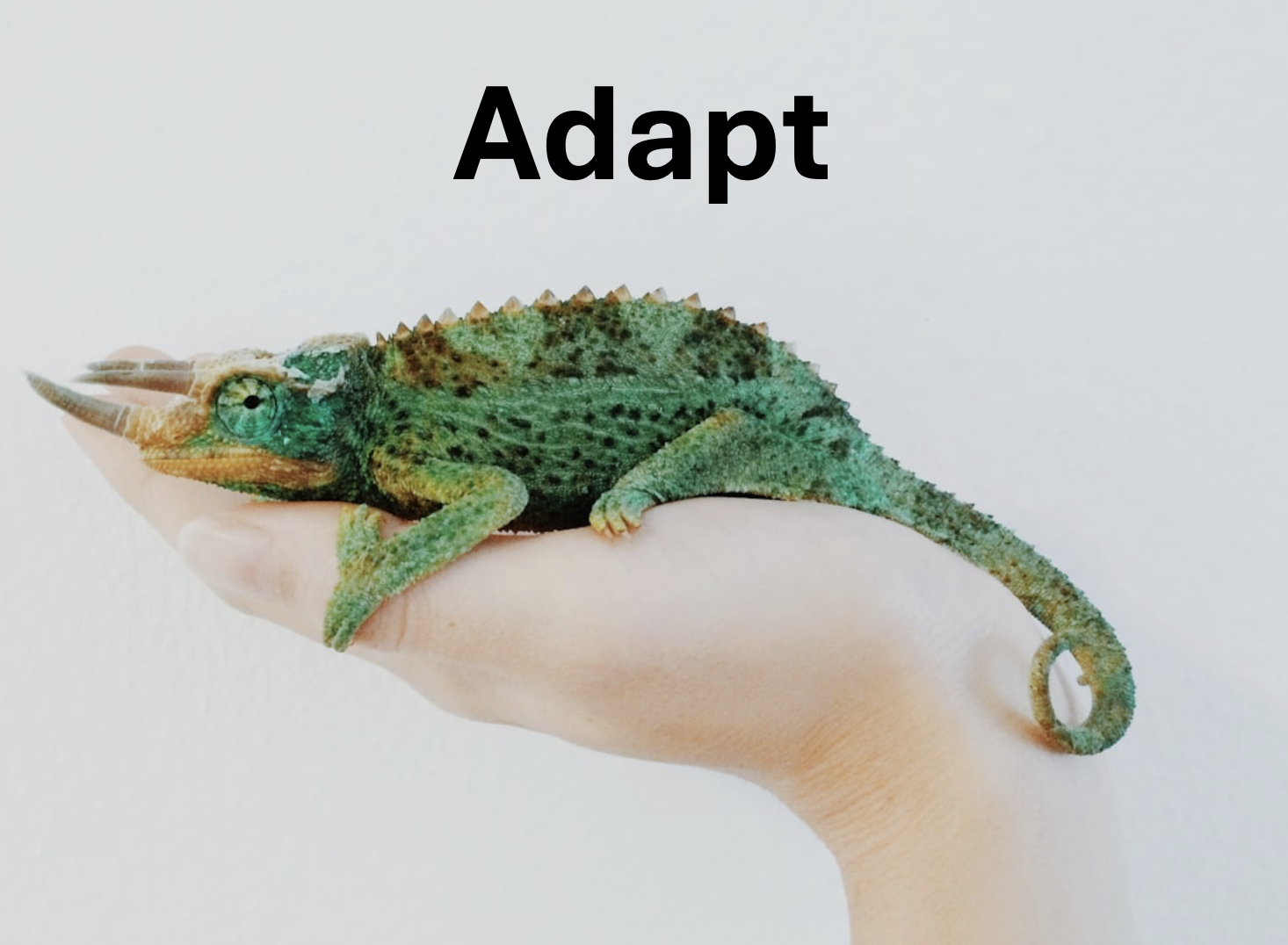Adaptive teaching describes the moment-to-moment responsiveness that is orchestrated continuously in the classroom by expert teachers.
In the past few years, in England at least, its prominence has arisen through national frameworks as an alternative to the problematic practices that have attended the label of ‘differentiation’.
It features in the Early Career Framework, national qualifications, and is rooted in decades of research, such as Lyn Corno ‘On Teaching Adaptively’.
I like adaptive teaching because it describes, and defines, the many decisions and choices teachers enact in the classrooms to meet the varied needs of a class – whatever their stated need or prior knowledge. It offers an umbrella term for high quality explicit teaching, along with formative assessment strategies that help anticipate and guide learning.
Like any fresh pedagogical phrase, it can offer helpful new insights, or it can prove another buzzword to keep teachers unduly busy. To resist the problems that attend fuzzy edu-fashions, I have collated an ‘adaptive teaching’ collection to help define and describe it in helpful terms for busy teachers:
- Adaptive teaching: What is it anyway? This blog attempts to pose an accessible definition of the term and practice. READ MORE HERE.
- Adaptive teaching or reasonable adjustments? A common query is how adaptive teaching difference from the ‘reasonable adjustments’ offered for pupils with SEND. This blog poses some helpful dividing lines and examples. READ MORE HERE.
- Adaptive teaching: Scaffolds scale, structure and style. This blog poses additional parameters for how adaptive teaching differs from differentiation and how it can be described at a task level. READ MORE HERE.
- Adaptive teaching and the power of anticipation. A misconception is that adaptive teaching just happens in the moment during instruction. It can be better anticipated, planned for, and therefore it is useful to see it help from lesson and curriculum planning too. READ MORE HERE.
- Adaptive teaching and vocabulary instruction. It is helpful to see adaptive teaching enacted in concrete terms. This blog explores how explicit vocabulary instruction offers a manageable and meaningful classroom approach. READ MORE HERE.
- Differentiation is dead: Long live adaptive teaching. I have written for TES on how differentiation has been replaced and why this is a broadly good thing. READ MORE HERE (£).
- ‘Adaptive teaching: How to use microadaptations’. I have written for TES with practical examples of small adaptations that work in the classroom. READ MORE HERE (£).
Popular blogs and articles by experts:
- Clare Sealy has shared a helpful breakdown (in detailed examples) of ‘Adaptive Teaching: The Four Verbs Approach’. READ MORE HERE.
- Jon Eaton, from Kingsbridge Research School, has written for the EEF on ‘Moving from differentiation to adaptive teaching’, including a useful free resource. READ MORE HERE.
- Kirsten Mould has written for the EEF on ‘Assess, adjust, adapt: what does adaptive teaching mean to you?’ It explores adaptive teaching with a SEND lens, addressing scaffolding and more. READ MORE HERE.
- Harry Madgwick has written for the EEF on the evidence attending the ECF and adaptive teaching in his blog ‘Exploring the evidence: ‘Adaptive teaching’ and effective diagnostic assessment’. READ MORE HERE.
- Margaret Mulholland has written for TES on ‘Adaptive teaching: Why it goes wrong and how to fix it’. It punchily explains why it goes wrong in schools. READ MORE HERE (£).
- Margaret Mulholland has also written for TES on ‘Why effective adaptive teaching means changing our focus’. It explains how adaptive teaching can support those who struggle most first, so it is an inclusive approach for classrooms. READ MORE HERE (£).






Comments